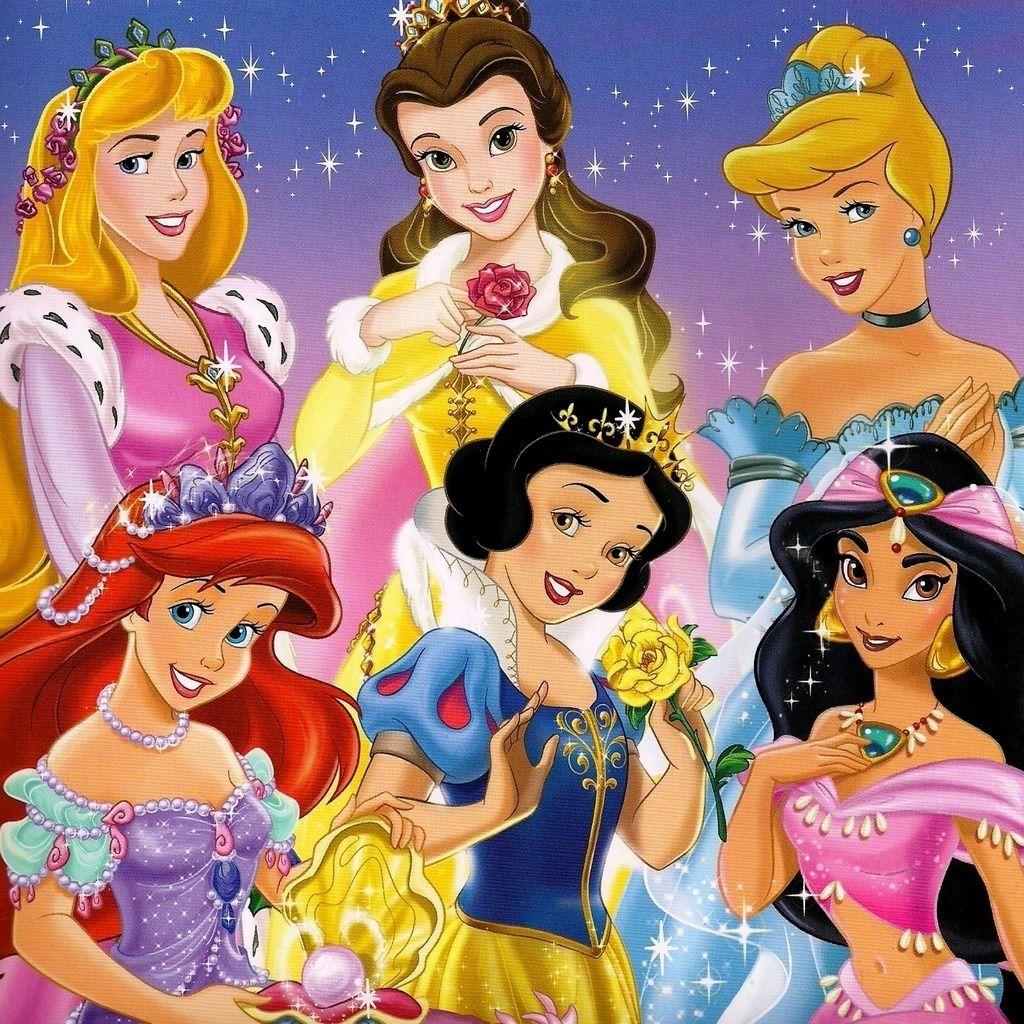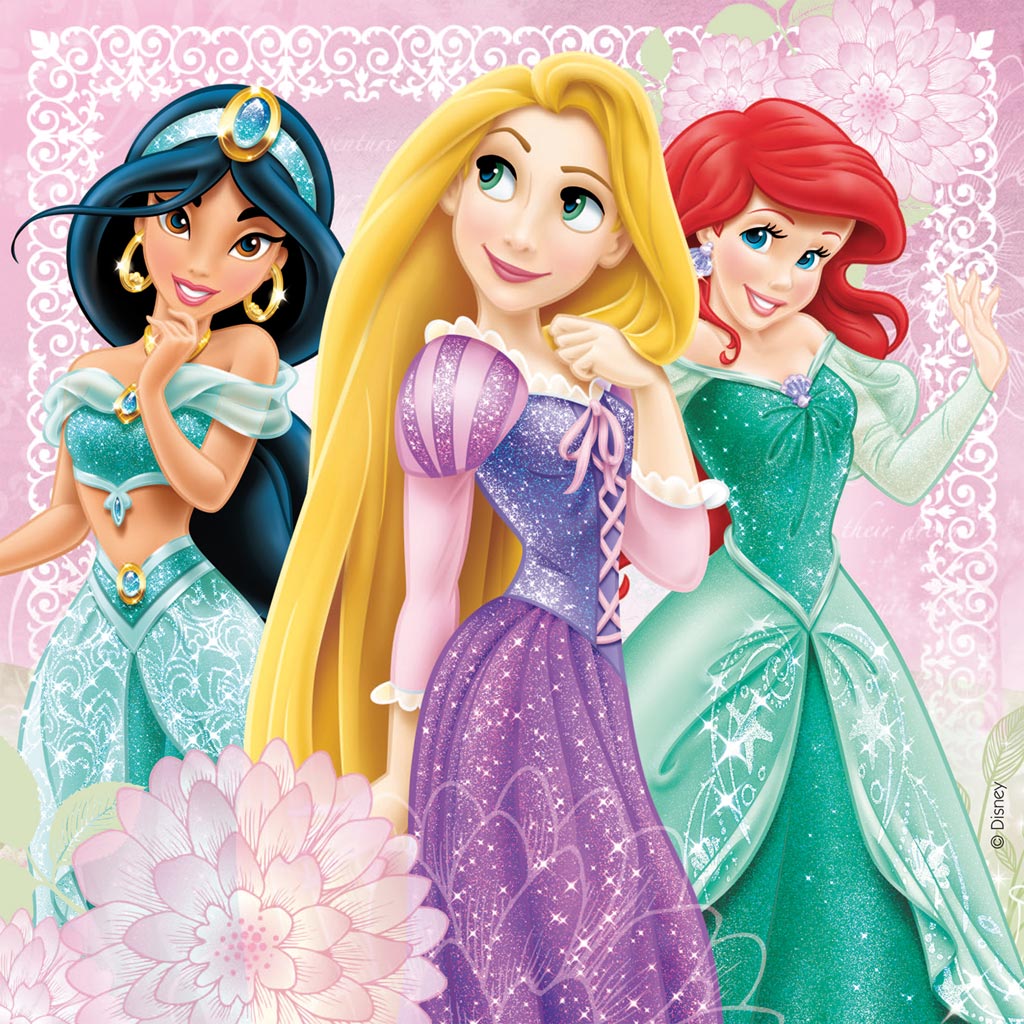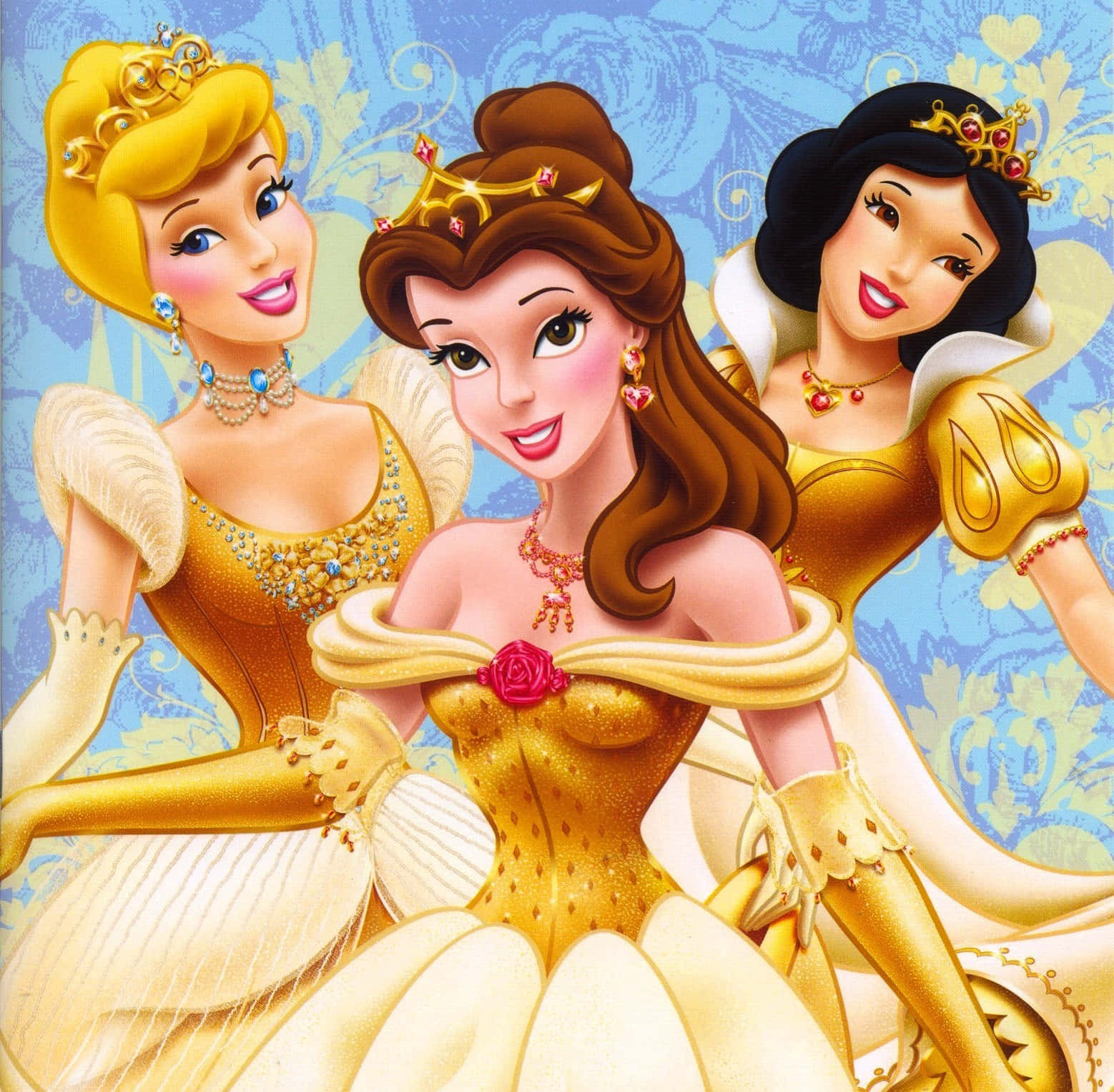Princess Harry Son - Words And Royal Connections
The idea of a "princess harry son" really makes you think about how we use words, doesn't it? It's a phrase that sparks a little curiosity, maybe a lot of talk, and it gets us considering the way names and titles work in our everyday conversations. We often hear about people, especially those in the public eye, and the words we use to talk about them shape how we see them, which is a pretty big deal, you know?
When we talk about someone like a "princess harry son," it's not just about who they are, but also about the words that describe them. How we label things, whether it's "lil'" for a small thing or a grand title like "milady," carries a certain weight. It’s almost like each word has a tiny story packed inside it, influencing how we feel and what we expect, so it’s pretty fascinating to unpack.
The way we speak, the specific words we pick, and even how we put them together, tells us a lot about our world and how we make sense of it. This applies to everyone, from a person who simply wishes they were a little princess to someone with a real connection to a royal family. It’s all about the language we use, which is, you know, quite a powerful tool in itself.
Table of Contents
- How Do Words Shape Our View of a Princess Harry Son?
- The Linguistic Fabric of a Princess Harry Son
- What Do Titles Like 'Princess' Mean for a Princess Harry Son?
- How Does Language Make a Princess Harry Son Feel Real?
- The Grammatical Side of a Princess Harry Son
- Can a Princess Harry Son Be Informal?
- What Is the History Behind the Words for a Princess Harry Son?
- Final Thoughts on the Language of a Princess Harry Son
How Do Words Shape Our View of a Princess Harry Son?
When we think about a "princess harry son," the words themselves begin to paint a picture in our minds. It's really interesting, how a simple phrase can create a whole image, isn't it? The way we put words together, like saying "lil'" as a short way of saying "little," shows how language can be both formal and casual. The more common way to write that short form, you know, seems to be "lil'" with that little mark after it, especially when it's part of a name or a special title. This casual touch, like using "lil'" for "little," can make something feel more personal, a bit more approachable, even when talking about someone quite prominent.
Consider how titles themselves come into being. The word "milady," for example, showed up around 1778, and it got some of its start from French, which is, like, a neat piece of word history. It's a title you use when you're talking to or about an English noblewoman, and it carries a sense of respect and tradition. So, when you hear "princess," you're not just hearing a word; you're hearing a whole history of how people have addressed those with a certain standing. This applies to the idea of a "princess harry son" as well, since the title itself brings a lot of history and expectation with it, which is pretty cool.
The words we choose really do make a difference. Thinking about a "princess harry son," the term "princess" itself holds a lot of weight. It suggests a certain kind of person, perhaps someone graceful or important, and it can set up expectations. Just like in stories, where a character like Princess Leia is known for her strength and leadership, the title itself prepares you for what's to come. Before her execution, you might remember, she was told she needed to join a ceremony that would make a battle station work, and this title gave her actions a certain significance. No star system would dare oppose the emperor then, because the title of princess carried such a strong meaning, which, you know, makes sense.
The Linguistic Fabric of a Princess Harry Son
Words are like building blocks for our ideas, and this is very true for how we talk about a "princess harry son." Sometimes, a word like "mister" can be part of a style or a complete style on its own, but it usually goes with some position or role, like "Mr. President." This shows how words get their meaning from the way we use them and the situations they appear in. It’s not just random; there's a system to it, and that's pretty neat, actually. This is why the word "princess" in "princess harry son" is so important; it's a position, a role, a style all rolled into one.
It's interesting to think about how we talk about things that happened in the past as if they are happening right now. Sometimes, a writer might get stuck trying to put the start of a story far in the past, but then they want the rest of it to be in the present. This is called historical present tense, and it's a way of making history feel alive. This way of speaking can, in a way, apply to how we think about a "princess harry son." Even if the concept is new or developing, the language we use can make it feel immediate and real, as if it's unfolding before us right now, which is, you know, a powerful effect.
Words can also switch jobs, so to speak. A word like "designate," for example, might usually be a verb, something you do. But in some cases, it can be used as a noun, like "the designate" for a chosen person. It's not being used as an adjective or a verb in that instance; it's simply a label. This flexibility of words is quite important when you consider a phrase like "princess harry son." The word "princess" is clearly a noun here, a label that carries a lot of meaning, and it shows how language adapts to give things specific names, which is pretty cool.
What Do Titles Like 'Princess' Mean for a Princess Harry Son?
What does it truly mean to be called a "princess," especially when we think about a "princess harry son"? The title itself carries a certain weight, a kind of expectation. When someone says, "She dressed herself up as though she were a little princess," it speaks to an ideal, a dream of grace and perhaps a bit of sparkle. It's about how we imagine someone with that title, rather than just the person themselves. It's a bit like wishing, "She wishes she were a little princess," which shows the aspirational quality tied to the word, you know, it's more than just a label.
Titles also suggest a certain way people interact. If someone says, "He orders me about as if I were his wife," even if that's not the actual situation, it tells you about the implied power dynamic. The title of "wife" in that sentence suggests a particular kind of relationship, one where orders might be given. Similarly, the title "princess" for a "princess harry son" brings with it ideas of respect, perhaps a certain level of deference, and a defined place within a family structure. It implies a role, a set of expectations, and that's pretty interesting to think about, actually.
The rules of language, like how we make words plural, also shape how we think about titles. We wouldn't refer to the Disney princesses as "princesseez," or home addresses as "adresseez," would we? There's a standard way to form plural endings for words that end in "ess." This shows that even seemingly small grammatical rules contribute to the formality and proper usage of titles. So, when we talk about a "princess harry son," the word "princess" follows these established patterns, which helps it fit into our language in a consistent way, and that's pretty much how it works.
How Does Language Make a Princess Harry Son Feel Real?
The way we talk about things, even things that might be hypothetical, can make them feel very real. When you go to a James Brown tribute concert, and the singer says, "Get up offa that," you immediately understand the energy and the call to action, even if the grammar isn't strictly formal. This kind of direct, informal language creates a connection, a sense of immediate presence. So, when we use the phrase "princess harry son," even if it's a concept, the directness of the words can make the idea feel tangible, you know, like it's right there.
Consider how words can carry a deep personal history. My father, for example, helped put together the coronation in 1953, so it certainly had a big impact on our family. And we were always taught to use the title "Princess Alice of Athlone" with respect, because that's what my parents used when they needed to. This shows how language, especially titles, connects to real events and personal experiences. For a "princess harry son," the words carry not just their dictionary meaning, but also the weight of family history, tradition, and the memories people associate with such figures, which is, like, a really strong connection.
The Grammatical Side of a Princess Harry Son
Sometimes, we might hear people use words in ways that are not quite grammatically correct, but we still understand them. It can be a bit tricky to explain to everyone why something is grammatically incorrect, but there are always ideas about how to do it. For example, the phrase "get up offa that" might not follow all the rules, but its meaning is perfectly clear. This points to how language is alive and changes, and how understanding often goes beyond strict rules. When we talk about a "princess harry son," the phrase itself follows standard English word order, making it easily understood, which is pretty basic, actually.
The way we use words to label things, like using "designate" as a noun, is a good example of language's flexibility. It shows that words can take on different roles depending on the situation. This ability to adapt is why phrases like "princess harry son" work so well. The word "princess" clearly acts as a descriptive noun here, telling us something important about the "son." It’s not a verb or an adjective in this context, but a direct label, and that's how we can, like, make sense of it.
The structure of our sentences also plays a part in how we present ideas, especially for a "princess harry son." We might write, "So, then, on Earth today, we have the hypocrisy of people who say that there are things that are not fair in war, but who routinely engage in them opportunistically anyways." This long sentence, with its multiple parts, shows how we can build complex thoughts with words. Similarly, the phrase "princess harry son" is a compact way to convey a lot of information, combining a title, a family connection, and a relationship, all in just a few words, which is, you know, quite efficient.
Can a Princess Harry Son Be Informal?
Even formal titles can have informal versions, which is kind of interesting. We saw how "lil'" is a short, informal way to say "little," and it’s often used in names, too. This suggests that even someone with a grand title like "princess" could, in some settings, be referred to in a more relaxed, perhaps even affectionate, way. The formality of a title like "princess" for a "princess harry son" can be softened by context or by the use of nicknames within a family, which is, like, a common thing with people.
The way we speak in casual settings often differs from formal writing. Think about the phrase "get up offa that." It’s direct, it’s lively, and it connects with people on a very human level, even if it’s not what you’d write in a formal report. This shows that language has many layers. So, while "princess harry son" sounds quite formal, the way people talk about it in everyday conversations might be much more relaxed, reflecting how real people actually communicate, you know, it's more conversational.
What Is the History Behind the Words for a Princess Harry Son?
Words carry history, and this is very true for titles like "princess" when we think about a "princess harry son." The word "milady," for instance, has roots in French and came into common use a long time ago, in 1778. This shows how titles can evolve and cross languages, carrying their historical weight with them. The word "princess" also has a long history, tied to royalty and nobility, so when it's used, it brings all that background with it, which is pretty significant.
The idea of titles being associated with specific positions is also a historical one. We know that "mister" is often linked to a certain role or status. This pattern of connecting a title to a place or a job is deeply embedded in our language. So, when we hear "princess" for a "princess harry son," it immediately suggests a particular standing or role within a family or a lineage, which is, you know, quite a traditional concept.
Even major historical events shape how we perceive titles. My father, for example, helped put together the coronation in 1953, which was a huge event. Such ceremonies reinforce the importance and meaning of royal titles. So, when we consider a "princess harry son," the title "princess" isn't just a word; it's connected to a long line of historical events, traditions, and public ceremonies that give it its true meaning, and that's pretty much how it works.
Final Thoughts on the Language of a Princess Harry Son
Thinking about "princess harry son" really brings home how words build our world. From the short "lil'" to the formal "milady," every piece of language plays a part in shaping our thoughts and feelings. The way we name things, the titles we use, and even the tiny rules of grammar all work together to create meaning. It's a bit like a big puzzle, where each word is a piece, and they all fit together to tell a story, which is, you know, pretty cool.
Whether it's a person wishing they were a little princess or a historical figure like Princess Alice of Athlone, language gives these ideas shape and life. The power of a title, the way it sets expectations, and how it connects to history are all wrapped up in the words we choose. It’s a fascinating look at how our everyday speech and formal titles both contribute to how we understand and talk about people, especially those in the public eye, and that's pretty much what it comes down to.

Disney Princess iPad Wallpapers - Top Free Disney Princess iPad

Disney Princess - Disney Princess Photo (33708180) - Fanpop

Download Princess Pictures | Wallpapers.com